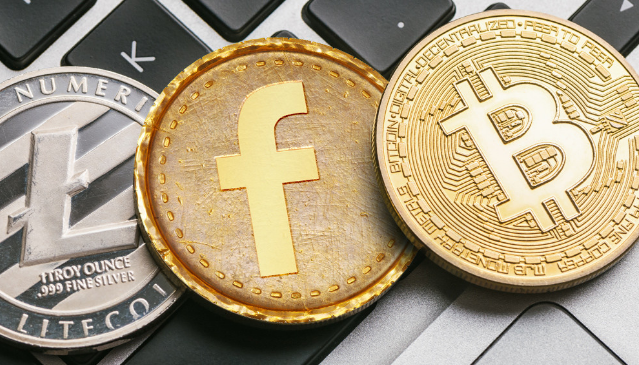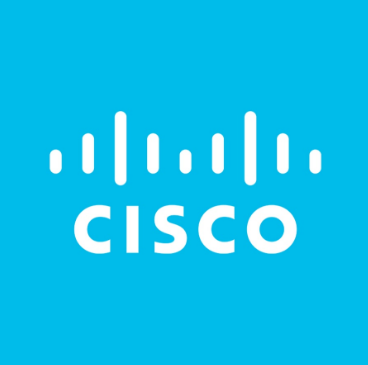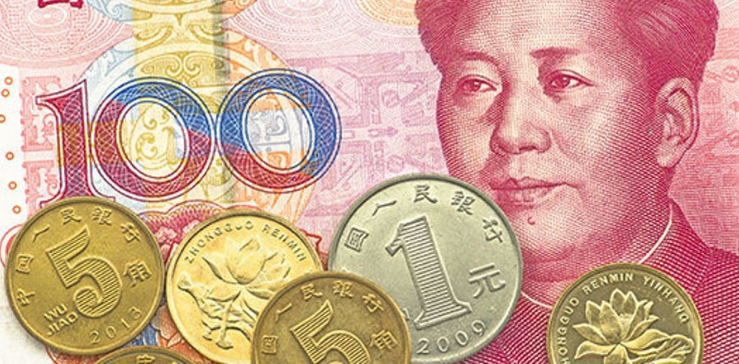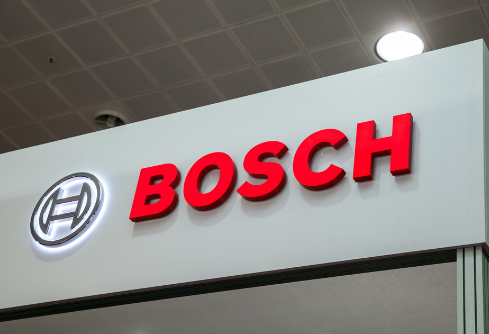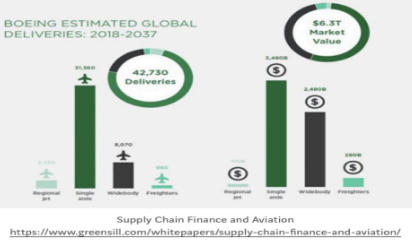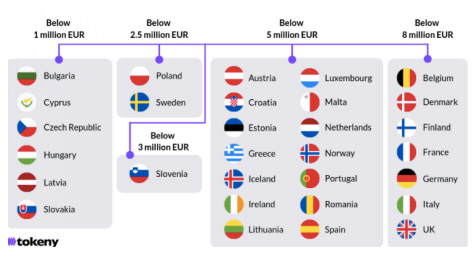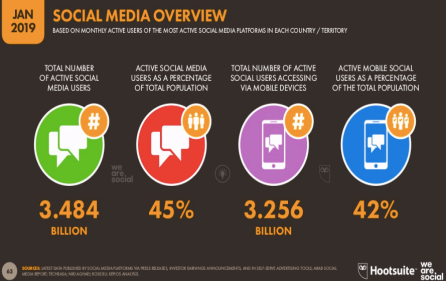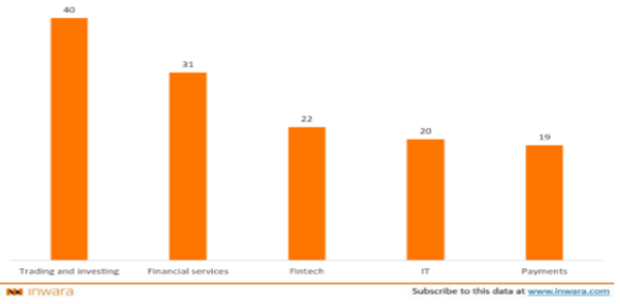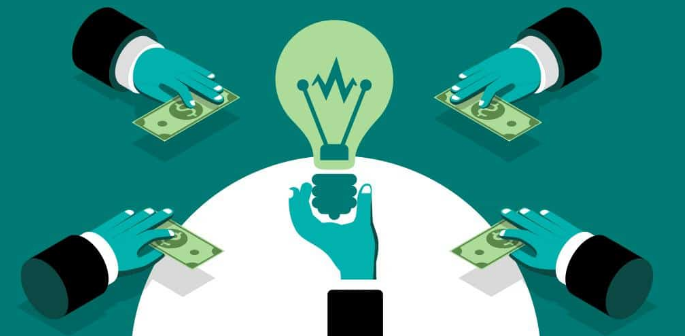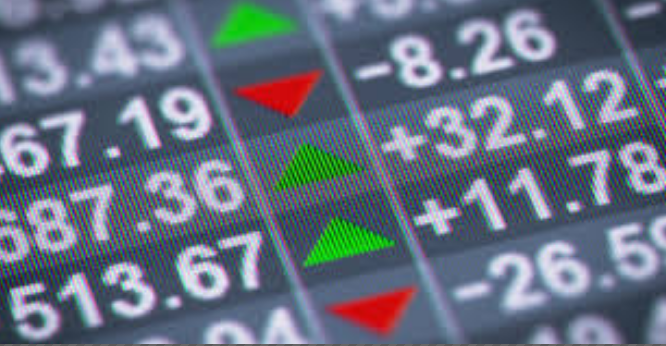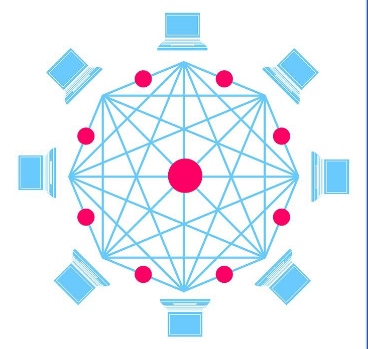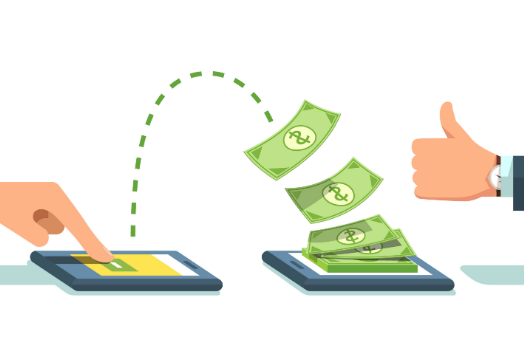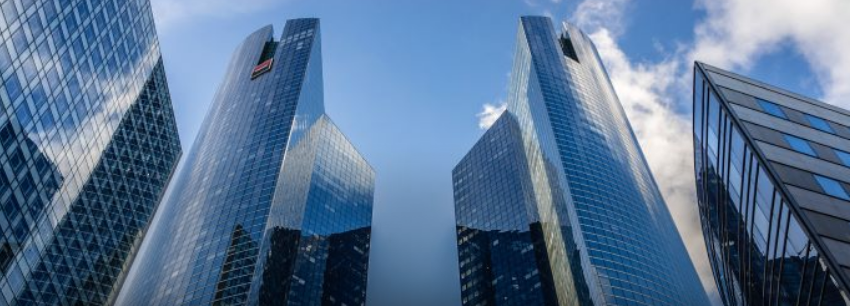 The market for offering custody services globally is massive, with the top 15 providers having over $131 Trillion of assets in custody.
The market for offering custody services globally is massive, with the top 15 providers having over $131 Trillion of assets in custody.
As we see more institutions investing in Digital Assets, we will need to have organisations offering custody services to cater to this new asset class.
This opportunity has not been lost on custody providers, as one of the largest custody providers Northern Trust has for a while been rumoured to be launching a custody service for Digital Assets. Fidelity, Goldman Sachs, and Coinbase are already offering custody services for Digital Assets.
Intercontinental Exchange (ICE), that runs 12 different stock exchanges and with a revenue of over $6 Billion, has just acquired DACC which offer Digital Asset custody services for over 100 Cryptocurrencies for 13 Blockchains. It is understood that one of ICE’s subsidiaries, Bakkt, has applied to the New York Department of Financial Services to be a trust company, which will enable the firm to serve as a Qualified Custodian for digital assets.
Kingdom Trust, which is a US-based custodian, was the first custody provider to get Lloyds of London to ensure its Digital Asset custody service last year.
Nomura, the massive Japanese bank with over 26,000 staff and offices globally, announced last year a joint venture with Ledger and Global Advisor Holdings, (a Cryptocurrency manager based in Jersey in the Channel Islands), to launch an institutional-grade custody solution for digital assets. The three parties have established a company called Komainu, which is looking to offer custody services that will also cover the insurance, regulation, and certification of the Digital Assets that it offers custody services for.
It would appear that we are seeing a reversal to where we were before asset managers relied on nominees and custodians. In the 1970s, due to the huge amounts of paperwork that bearer securities created, nominees like DTCC were created. Interestingly, Digital Assets which can be traded and transferred using Blockchain technology, are not dissimilar to bearer securities as records of the ownership of these assets are not held by a third party.
This means the “bearer” (the person presenting the asset), is paid directly, should they wish to sell. Blockchain technology is able to record the transfer digitally of assets, efficiently and potentially at a cheaper price, and without the need for many of the current intermediaries - all of whom charge fees for their services, so adding to the friction costs of trading securities.
There is an argument that with the creation of Multisig wallets custodians are no longer required. A third party, like a trustee, could be appointed and authorised the transfer of assets from a digital wallet under agreed terms and conditions.
This type of trustee service is currently being investigated by trustee providers, like PTTrustees, for the holders of digital assets. So we can see that, as the adoption of Digital Assets increases, there are new as well as traditional custody service providers beginning to offer a range of services for pension funds, asset managers and banks, and no doubt there will be more to follow…
It is of note that trust companies are moving from The Channel Islands, where they...
As we see more institutions investing in Digital Assets, we will need to have organisations offering custody services to cater to this new asset class.
This opportunity has not been lost on custody providers, as one of the largest custody providers Northern Trust has for a while been rumoured to be launching a custody service for Digital Assets. Fidelity, Goldman Sachs, and Coinbase are already offering custody services for Digital Assets.
Intercontinental Exchange (ICE), that runs 12 different stock exchanges and with a revenue of over $6 Billion, has just acquired DACC which offer Digital Asset custody services for over 100 Cryptocurrencies for 13 Blockchains. It is understood that one of ICE’s subsidiaries, Bakkt, has applied to the New York Department of Financial Services to be a trust company, which will enable the firm to serve as a Qualified Custodian for digital assets.
Kingdom Trust, which is a US-based custodian, was the first custody provider to get Lloyds of London to ensure its Digital Asset custody service last year.
Nomura, the massive Japanese bank with over 26,000 staff and offices globally, announced last year a joint venture with Ledger and Global Advisor Holdings, (a Cryptocurrency manager based in Jersey in the Channel Islands), to launch an institutional-grade custody solution for digital assets. The three parties have established a company called Komainu, which is looking to offer custody services that will also cover the insurance, regulation, and certification of the Digital Assets that it offers custody services for.
It would appear that we are seeing a reversal to where we were before asset managers relied on nominees and custodians. In the 1970s, due to the huge amounts of paperwork that bearer securities created, nominees like DTCC were created. Interestingly, Digital Assets which can be traded and transferred using Blockchain technology, are not dissimilar to bearer securities as records of the ownership of these assets are not held by a third party.
This means the “bearer” (the person presenting the asset), is paid directly, should they wish to sell. Blockchain technology is able to record the transfer digitally of assets, efficiently and potentially at a cheaper price, and without the need for many of the current intermediaries - all of whom charge fees for their services, so adding to the friction costs of trading securities.
There is an argument that with the creation of Multisig wallets custodians are no longer required. A third party, like a trustee, could be appointed and authorised the transfer of assets from a digital wallet under agreed terms and conditions.
This type of trustee service is currently being investigated by trustee providers, like PTTrustees, for the holders of digital assets. So we can see that, as the adoption of Digital Assets increases, there are new as well as traditional custody service providers beginning to offer a range of services for pension funds, asset managers and banks, and no doubt there will be more to follow…
It is of note that trust companies are moving from The Channel Islands, where they are regulated and subject to capital adequacy requirements, to the UK where they do not need to be regulated. If we start to see trust companies in the UK carrying out custodian-type services, will the FCA look to regulate them?
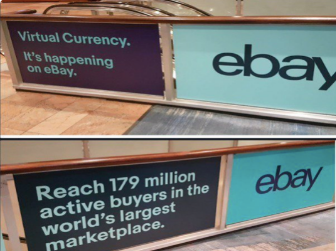 In the UK, Digital payments overtook cash payments for the first time last year, and the trend of using less cash when shopping looks set to continue, with now over 63% of UK consumers using contactless payment.
In the UK, Digital payments overtook cash payments for the first time last year, and the trend of using less cash when shopping looks set to continue, with now over 63% of UK consumers using contactless payment.


